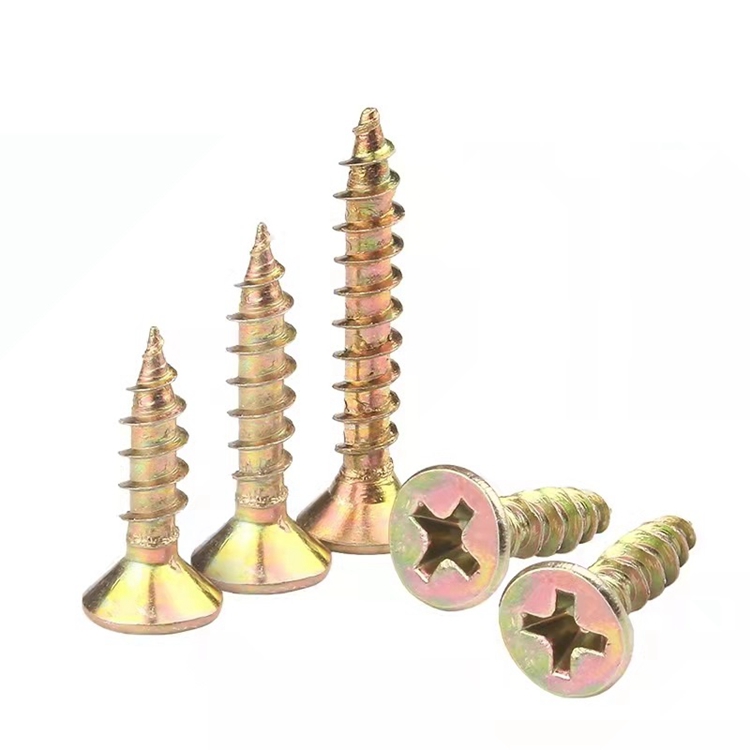asme b18 2.1 stud bolt supplier
Nov . 11, 2024 14:05 Back to list
asme b18 2.1 stud bolt supplier
Understanding ASME B18.2.1 Stud Bolt Standards and Finding a Reliable Supplier
When it comes to mechanical fasteners, the stud bolt is a critical component in a wide variety of industrial applications. Defined under ASME B18.2.1, stud bolts are typically used in high-pressure and high-temperature environments, making their reliability and quality paramount. In this article, we’ll explore what ASME B18.2.1 entails, the importance of dependable stud bolt suppliers, and key considerations when sourcing these essential components.
What is ASME B18.2.1?
The American Society of Mechanical Engineers (ASME) B18.2.1 standard outlines the specifications for various types of bolts and fasteners, including stud bolts. These standards are designed to ensure that products meet the needs of safety and functionality in a range of applications. Stud bolts are commonly used in conjunction with nuts and are known for their ability to withstand significant tensile loads.
Typically, a stud bolt features a threaded portion on both ends, allowing it to be secured into position with nuts on either side. They are widely used in industries such as oil and gas, petrochemical, and construction, where reliable fastening is critical to operational safety.
The Importance of Quality in Stud Bolt Supply
Choosing a supplier for stud bolts is more than just a matter of price; quality, consistency, and certification are crucial factors. High-quality stud bolts manufactured in compliance with ASME B18.2.1 standards are essential for ensuring equipment integrity. Low-quality or off-specification products can lead to catastrophic failures, resulting in downtime, increased costs, and potential safety risks.
Characteristics of a Reliable Supplier
asme b18 2.1 stud bolt supplier

When searching for a stud bolt supplier, there are several characteristics to consider
1. Certifications Ensure that the supplier adheres to relevant industry standards, including ASME, ASTM, and ISO certifications. These certifications indicate a commitment to quality and compliance with recognized manufacturing practices.
2. Experience and Reputation A supplier with a track record in the industry is often more reliable. Look for customer reviews and testimonials to gauge the reputation of the supplier.
3. Range of Products A good supplier will offer a diverse selection of stud bolts, including various grades, sizes, and materials. This allows customers to find the exact product they need for their specific applications.
4. Engineering Support A knowledgeable supplier who also provides technical assistance can be invaluable. This support can include help with product selection and advice on application-specific requirements.
5. Testing and Quality Control Ensure that the supplier conducts rigorous testing on their products to guarantee that they meet safety and reliability standards. Ask about their quality control processes to understand how they maintain consistency in their products.
Conclusion
In conclusion, understanding ASME B18.2.1 specifications is imperative for anyone involved in industries where stud bolts are utilized. The reliability and safety of your operations hinge on the quality of the fasteners used. Therefore, choosing the right supplier is essential. By considering the above criteria—certifications, experience, product range, engineering support, and commitment to quality—you can ensure that you partner with a supplier who meets your standards and supports your operational success. As industries continue to evolve and demand higher standards, aligning with a reliable stud bolt supplier will remain a critical part of ensuring operational safety and efficiency.
Latest news
-
High-Quality Panel Stud Bolt Reliable Panel Stud Bolt Factory & Suppliers
NewsJul.08,2025
-
High-Precision Fine Thread Locknuts Manufacturer & Supplier Custom Solutions
NewsJul.08,2025
-
PH Imperial Stud Bolt – High Strength Fasteners from Leading Supplier & Factory
NewsJul.07,2025
-
High-Quality Allen Wrench Bolts Leading Factory, Company & Suppliers
NewsJul.07,2025
-
Wholesale Ball Stud Bolt - High Quality Supplier & Factory Price Reliable Wholesale Ball Stud Bolt Company
NewsJul.06,2025
-
High-Strength Alloy Bolts Manufacturer & Supplier Quality Alloy Fasteners Factory
NewsJul.06,2025
